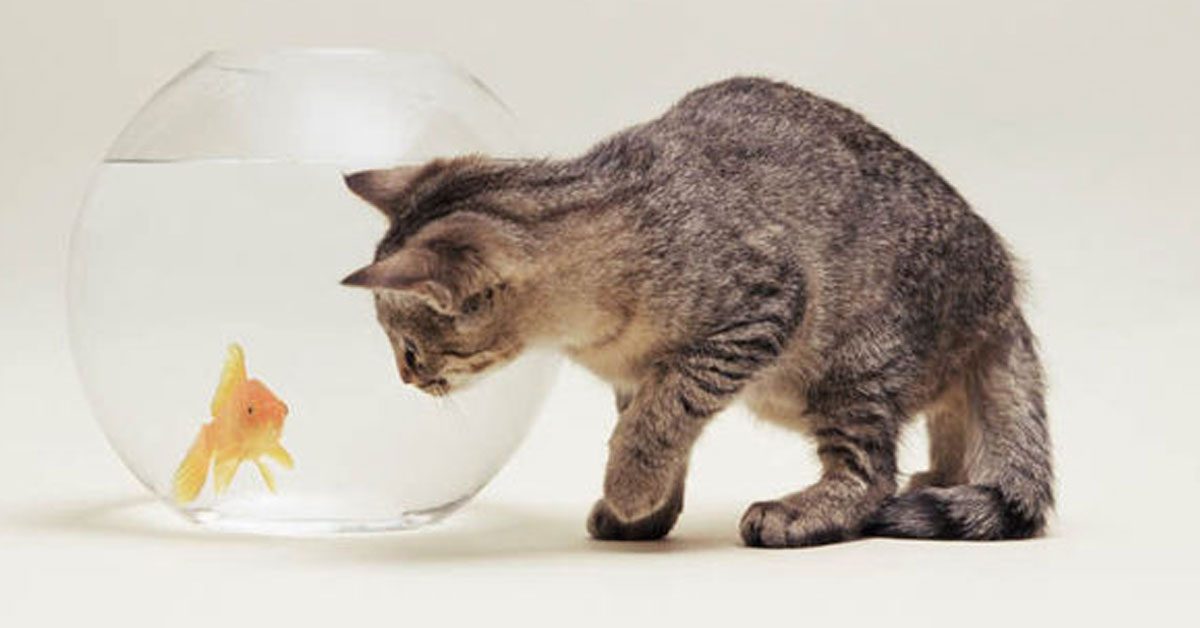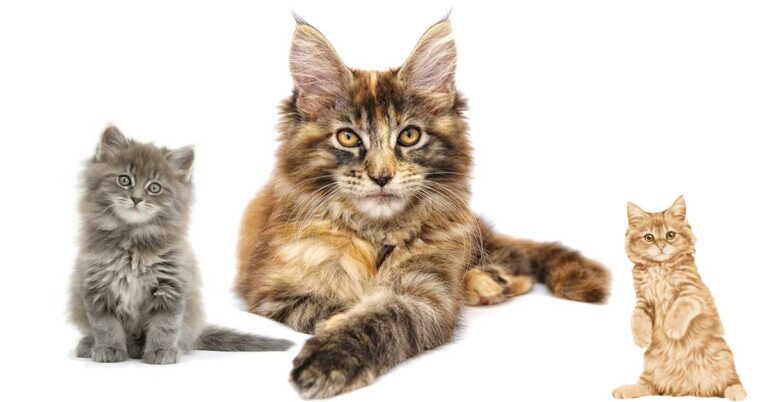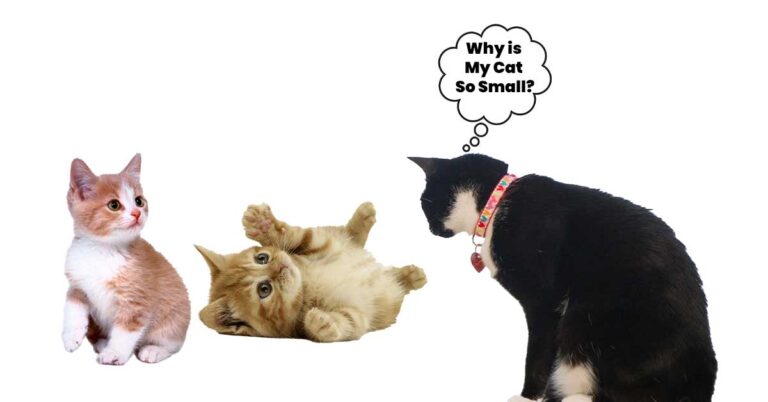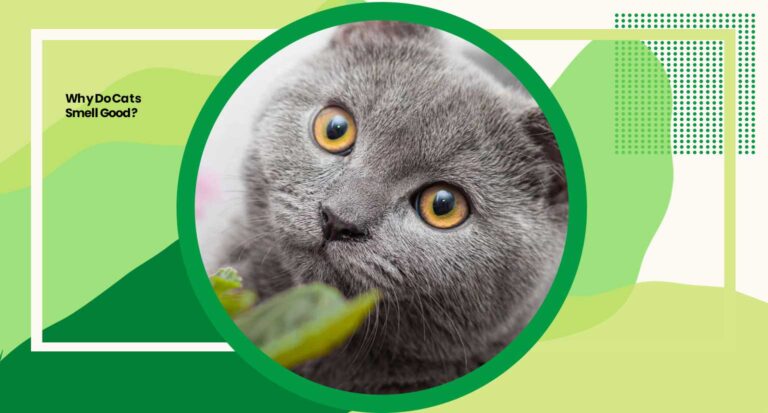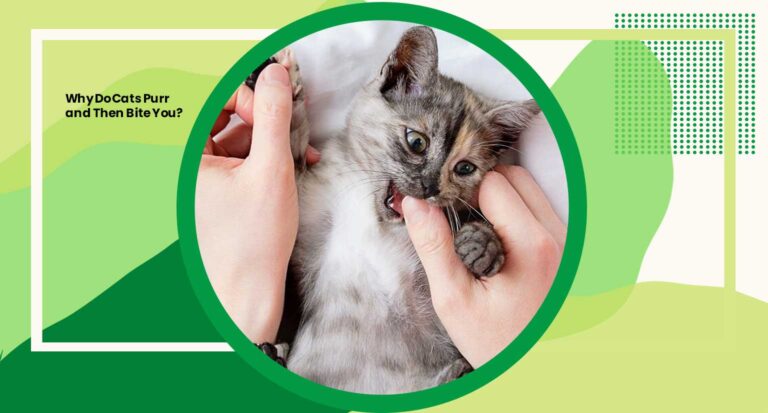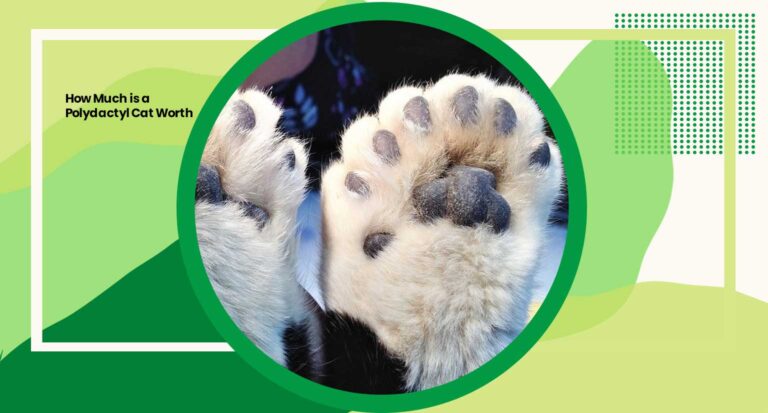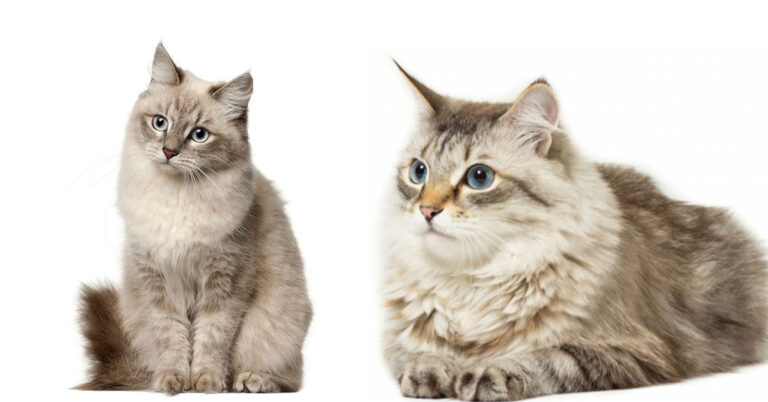Can Cats Eat Goldfish
With curious and playful natures, cats often show interest in a wide variety of foods, leading many pet owners to question what’s safe for their feline friends to consume.
A common query is “Can cats eat goldfish?” While it might seem like a harmless indulgence, feeding your cat with goldfish could have potential health implications that every pet owner should be aware of.
In this article, we delve deep into this topic to provide the most comprehensive answer to the question, “Can cats eat goldfish?”
What Are Goldfish
Goldfish are a popular freshwater aquatic pet renowned for their vibrant, golden coloration. Originally native to East Asia, they belong to the family Cyprinidae and are one of the earliest fish species to be domesticated.
Despite their name, goldfish can come in a variety of other colors such as white, black, red, and even blue. They are generally inexpensive and easy to care for, making them an ideal choice for novice aquarium hobbyists.
Are They Safe for Cats to Eat
While it is true that cats are often attracted to fish due to their strong sense of smell, allowing them to eat goldfish may not be the best idea.
Goldfish, like many other types of pet fish, could be carriers of disease and parasites which could harm your cat.
Furthermore, goldfish have a high bone density, and these small bones could pose a choking hazard or cause internal damage if ingested by your cat.
Finally, goldfish are often treated with chemicals in pet stores to keep them healthy, and these may be toxic to cats. Therefore, it is generally advised not to feed your cat goldfish.
Why You Should Not Feed Goldfish to Your Cat
Feeding your cat goldfish is not recommended for multiple reasons. First, the goldfish may carry harmful parasites or diseases.
Even if the fish appears healthy, it may still be a carrier of pathogens that are not immediately noticeable.
Secondly, the small, dense bones of the goldfish pose a significant choking risk for your cat. These bones can also potentially cause internal injuries if ingested.
Finally, goldfish are often exposed to various chemicals in pet stores to maintain their health and well-being.
These chemicals could be toxic to cats and cause serious health issues. Considering these factors, it is clear that the risks associated with feeding your cat goldfish far outweigh any potential benefits. It is always best to stick to cat-appropriate food that is nutritionally balanced and safe.
Other Fish That Are Safe for Cats To Eat
While goldfish may not be a safe option, there are several other types of fish that can be safely given to cats in moderation.
Tuna, for instance, is a cat-favorite and can be an occasional treat due to its high protein content.
Similarly, salmon is both safe and beneficial for cats, as it is rich in Omega-3 fatty acids that help maintain a healthy coat and skin.
Cooked whitefish like cod or halibut can also be given, being low in fat and high in protein.
It’s crucial to remember that these fish should be thoroughly cooked and de-boned to prevent any potential harm.
Also, fish-based meals should not replace a complete, balanced cat diet but should only serve as an occasional treat. Always consult with your vet before introducing new food to your cat’s diet.
Signs of Illness in Your Cat After Eating Goldfish
If your cat has consumed a goldfish, it’s important to monitor them for signs of illness closely. Symptoms can be varied and may manifest differently based on the individual cat’s health and the level of exposure to potential risks.
Common signs can include gastrointestinal upset, characterized by vomiting, diarrhea, or loss of appetite.
Cats may also exhibit lethargy or decreased activity levels, which can be an indicator of discomfort or sickness.
In some cases, your cat may show signs of an allergic reaction, like skin irritations or excessive scratching.
If the fish bones get stuck, your cat might paw at their mouth, drool, or show signs of distress like pacing or vocalizing.
More serious signs include changes in drinking or urination habits, which could indicate kidney damage, or difficulty breathing, possibly caused by a swallowed bone causing internal injury.
If your cat displays any of these symptoms after eating a goldfish, it’s critical to contact a vet as soon as possible.
Tips for Making Sure Your Cat is Getting Enough Nutrition
Ensuring your cat is receiving the proper nutrition is critical for their health and longevity. Here are some strategies to ensure your cat’s nutritional needs are well met.
Provide a Balanced Diet
Always feed your cat a balanced diet specifically formulated for cats. These foods will contain the appropriate ratios of protein, fats, carbohydrates, vitamins, and minerals that your cat needs.
Monitor Portion Sizes
Overfeeding can lead to obesity and other health problems. Be sure to follow the feeding guidelines on the cat food package or consult with your vet for the appropriate portion size for your cat.
Consider Age and Health Status
Kittens, adults, and senior cats have different dietary needs. Choose a diet that’s appropriate for your cat’s age, and consider special diets if your cat has health conditions like diabetes, kidney disease, or obesity.
Avoid Human Food
Many foods that are safe for humans can be toxic to cats, including onions, garlic, chocolate, caffeine, alcohol, and some types of fish. Stick with cat food and treats designed for feline consumption.
Provide Fresh Water
Always ensure your cat has access to fresh, clean water. Cats can often be particular about the type and location of their water source, so experiment to find what your cat prefers.
Regular Vet Check-ups
Regular vet visits can help ensure your cat is healthy and receiving the right nutrition. Your vet can provide personalized advice based on your cat’s age, weight, breed, and overall health status.
What to Do if Your Cat Consumes Goldfish
If your cat has consumed a goldfish, it’s crucial to act promptly and appropriately to potentially avoid serious health complications.
Firstly, remove any remaining goldfish or fish parts from your cat’s reach to prevent them from ingesting more.
Watch your cat closely for any signs of illness, discomfort, or distress, such as vomiting, diarrhea, lethargy, excessive scratching, or changes in drinking or urination habits.
Should any of these symptoms occur, or if your cat appears unwell, contact your vet immediately.
Do not attempt to induce vomiting unless explicitly instructed to do so by a vet, as this may cause further harm.
In some cases, your vet may advise you to monitor your cat at home, but it’s also possible that your cat may need to be examined, especially if they ingested the goldfish whole or if bones are involved.
Conclusion
In conclusion, while cats may show an interest in goldfish, they pose significant health risks, including choking hazards from small, dense bones, potential internal injuries, and exposure to harmful chemicals.
Some fishes like tuna, salmon, and cooked whitefish can serve as occasional treats, provided they are well-cooked, de-boned, and served in moderation.
It’s vital to monitor your cat for signs of illness if they accidentally consume goldfish. Regular vet check-ups and maintaining a balanced diet are crucial to your cat’s overall health.
If your cat ingests a goldfish, contact your vet immediately. Ultimately, the best course is to avoid feeding your cat goldfish and stick to cat-appropriate food for a healthy and happy feline friend.

